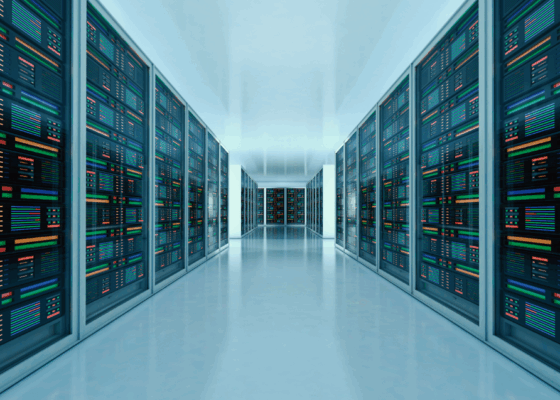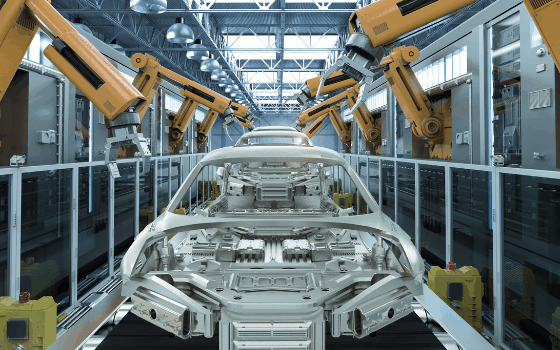“The mental model is powerful. The mental model is flexible. But the mental model is not explicit, and its assumptions are hard to pin.” (Sterman, 1992)
accilium has recognized that the greatest constant of current times is digital change. Digitalization is disruptive, overarching and transformative. It represents the new interface between mind and world. By accelerating technology, economy and human settlement patterns (for more read also: Smart Mobility in the city). Digital change severely represents a challenge to the adaptive capacities of human nature. Humans tend to focus on parts rather than wholes, but the world is shaped by interrelationships more than ever.
Faithful to our principle “build to evolve” and by following our vision of becoming an orchestrator of new mobility systems. We understood that a different social mind is required. A mind, which is able to understand interconnections, to synchronize processes and to follow a holistic way of thinking in order to build roadmaps, which will lead to long term successful solutions.
That is why we decided to take a step ahead and to promote the methodology of System Science.
What is System Science?
System Science is a methodology, which makes it possible to uncover important leverage points and to quantify complex, dynamic behavior of all kind of systems. It analyses, visualizes and explores systemic elements in order to be able to discover interrelationships and to predict change under a variety of “what- if” scenarios.
Hence System Science is a valuable method for decision making on a strategic level, because it takes into account the important factor of time, includes delays, and it is able to set boundaries.
The reason why System Science plays an important role in nowadays world
Our daily activities get eased thanks to digitalization. However, decisions still need to be taken by individuals.
Mental minds feel challenged when it comes to decision taking, because they are faced with a huge amount of unstructured information. Furthermore, decisions are related to uncertainty and often their impact gets perceived as unpredictable and connected to uncontrollable side effects. People tend to interpret these side effects as a series of events and to see themselves powerless in the system. Meanwhile, every effect is the consequence of an intended or unintended human action, which has been made in the recent or distant past.
Consequently, people are not able to recognize feedback and connect original cause to experienced effect. “Real” problems get ignored, while short- term symptoms get treated.
For developing successful long-term strategies, it is necessary to overcome bounded rationality, start understanding feedbacks and being able to assign nonlinearities.
How to translate real life observations into a system dynamics model?

System Science Models are mathematical representations of problems and policy alternatives. However, the most significant source for System Science Mapping is the mental database of each individual. Thus, it is crucial to have expert support when translating observations of reality into model formulations.
System Science as a service @ accilium
The discipline of System Science offers multiple tools, which makes it possible to work on a more holistic level. We offer the appropriate support to our clients for mapping the dynamics of entire systems.
Firstly, mapping systems requires a step by step approach and discussions, which dive deep into the interrelationships of a system. Clients will be confronted with critical questions, deep discussions and the boldness of the system they are living in.
Secondly, the simulation of the mapped systems offers the chance to work with real data and to insert parameters, which represent long-term successful strategies.
The advantage of system science scenario building is the substance behind. Policy parameters are more sustainable and consider potential (present) and future delays, causes and effects and feedback loops. However system Science helps us and our clients to see the world as a complex system and supports our agile, interdisciplinary approach. This by being aware that circumstances affect and get affected among each other.
Therefore, it supports our vision to become an orchestrator of mobility ecosystems and to link stakeholders, processes and mental models in order to make our world a better, but especially more sustainable place. We are convinced that exclusively the understanding of the big picture can lead to solutions, which makes our world a better place while satisfying the expectations of all concerned parties.






 ISO/IEC 27001:2013 certified
ISO/IEC 27001:2013 certified